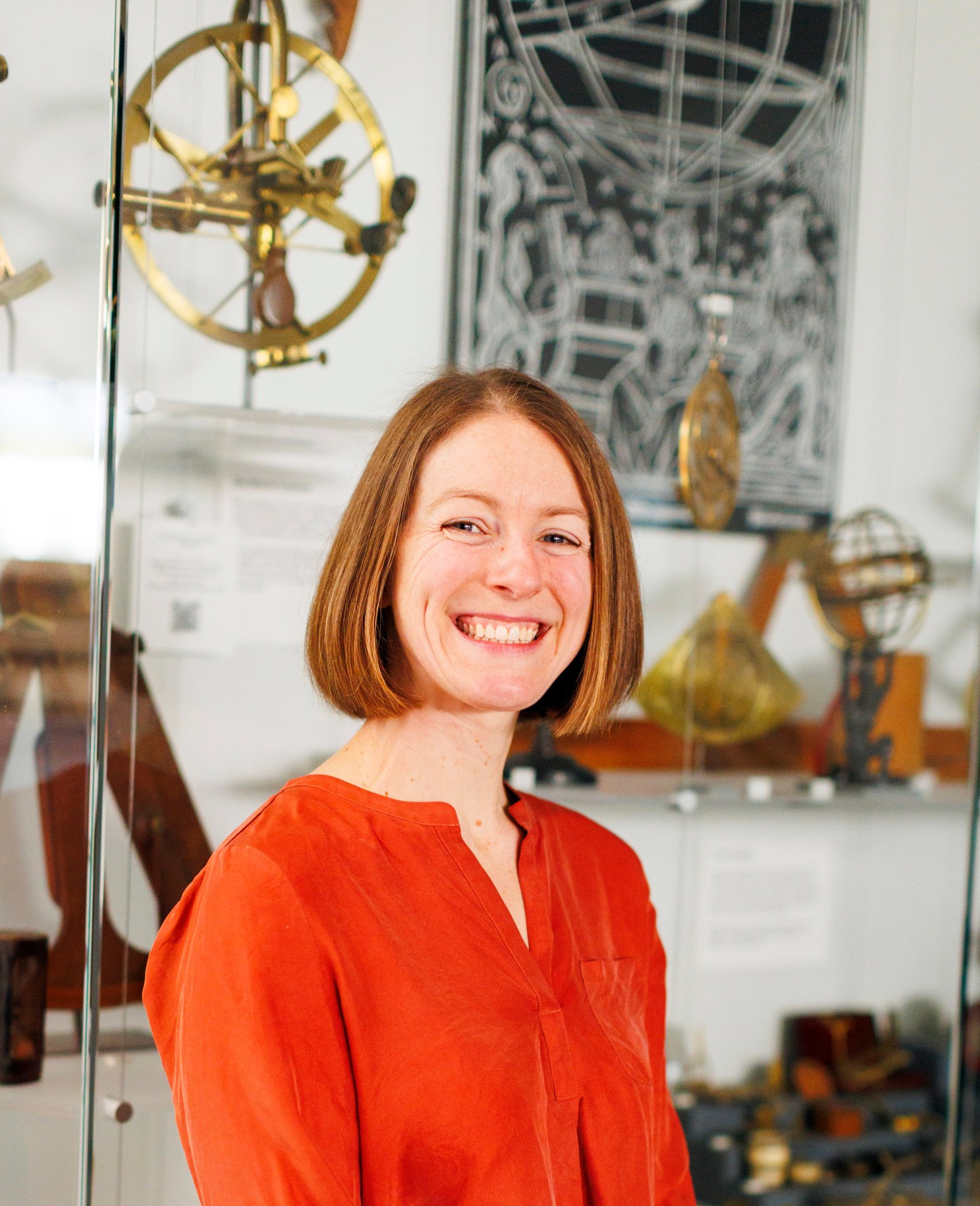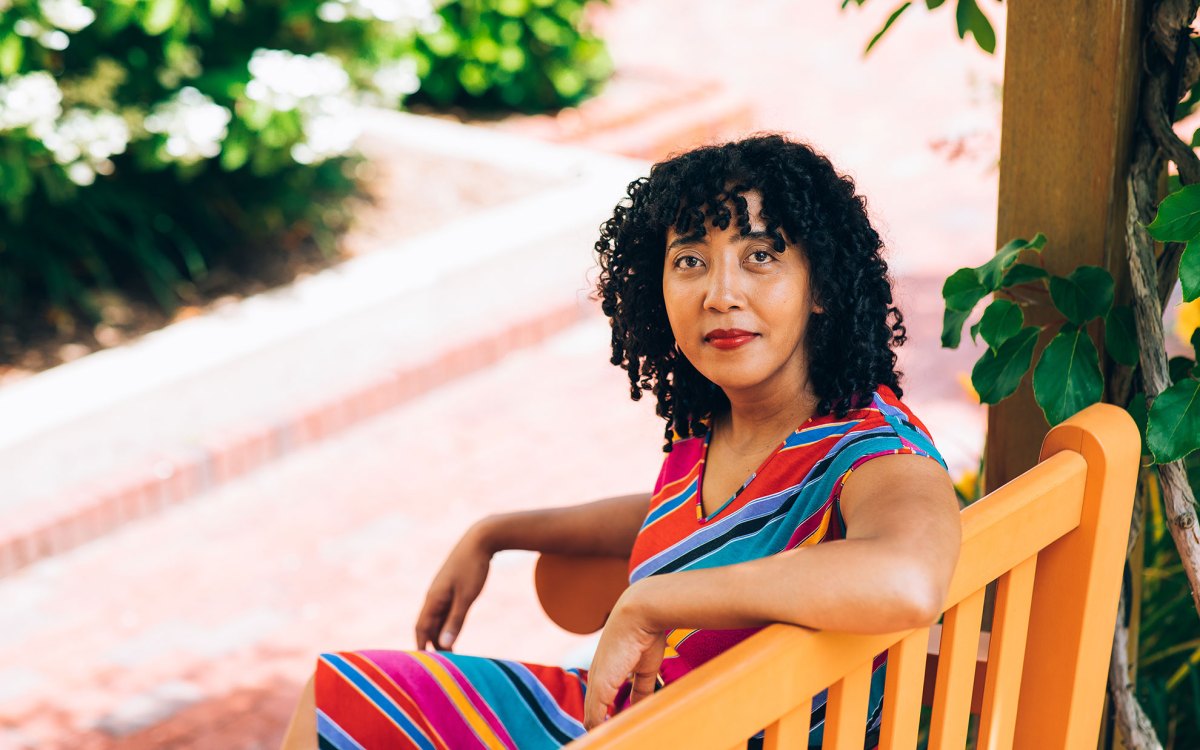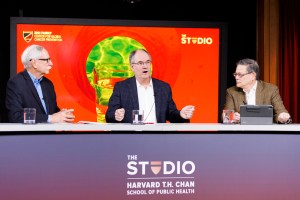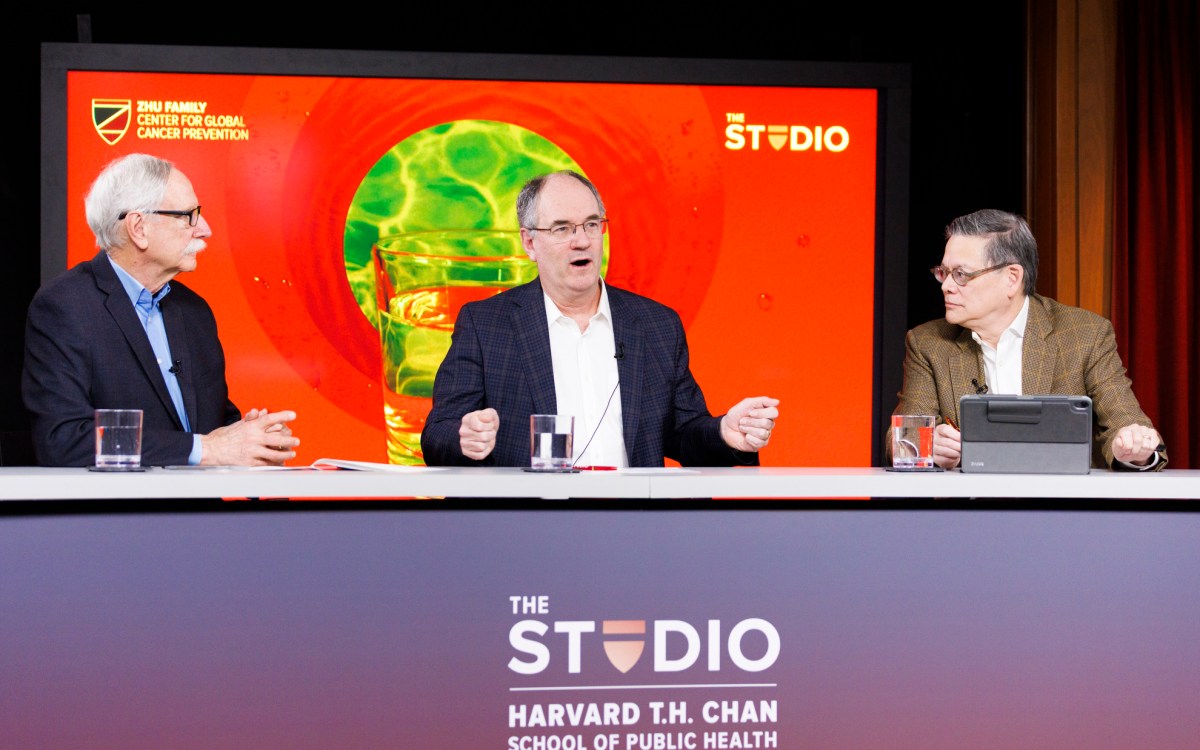Hannah Marcus earns world’s largest history prize

“This prize is a profound endorsement of the importance of studying history as an essential part of navigating our contemporary world,” said the professor of the history of science.
Stephanie Mitchell/Harvard staff photographer
Hannah Marcus, a professor of the history of science, has received the 2025 Dan David Prize.
The award, established in 2001, constitutes the world’s largest history prize with $300,000 for each recipient. An expert on the scientific and medical culture of early modern Europe, Marcus is one of nine early- and mid-career researchers and filmmakers acknowledged this year for outstanding work on the human past.
“It is a joy and an honor to be recognized for my historical research,” said Marcus, who also serves as faculty director of the Collection of Historical Scientific Instruments. “This prize is a profound endorsement of the importance of studying history as an essential part of navigating our contemporary world.”
Marcus joined the Harvard faculty in 2017. Her first book, “Forbidden Knowledge: Medicine, Science, and Censorship in Early Modern Italy” (2020), explored the censorship of medical texts from their proliferation in print through the prohibitions placed on many during the Counter-Reformation. She is the translator of the 16th-century apothecary Camilla Erculiani’s “Letters on Natural Philosophy” (1584) and is editing a book on Galileo’s letters. Funding from the Dan David Prize will help her complete her next book on the history of old age in Renaissance Italy.
Marcus recently traveled to Italy to collect her award and meet with fellow prize-winners. “It is a vital time to share and celebrate the important work being done in universities,” Marcus said. “History provides meaningful answers to questions about how we were in the past and perspectives on how we want to be in the future.”
The Dan David Prize, awarded annually, is endowed by the Dan David Foundation and headquartered at Tel Aviv University. Winners are selected by a global committee of historians following an open nomination process. The 2025 selection committee featured academics affiliated with the University of Toronto, the Cyprus Institute, and the University of Cambridge.
“The work of this year’s winners ranges from enlisting the methods of archaeology to explore Nazi death camps to rewriting what we know about the development and use of glass in Africa,” said Dan David Prize board member Ariel David, son of the honor’s namesake and founder. “By making groundbreaking discoveries or applying new methods to historical research, our winners constantly challenge us to think about the past while rethinking how we shed light on it.”
The 2025 honorees, announced Tuesday, join a global community of 27 previous Dan David Prize winners. Nominations for 2026 can be submitted online through the fall.




